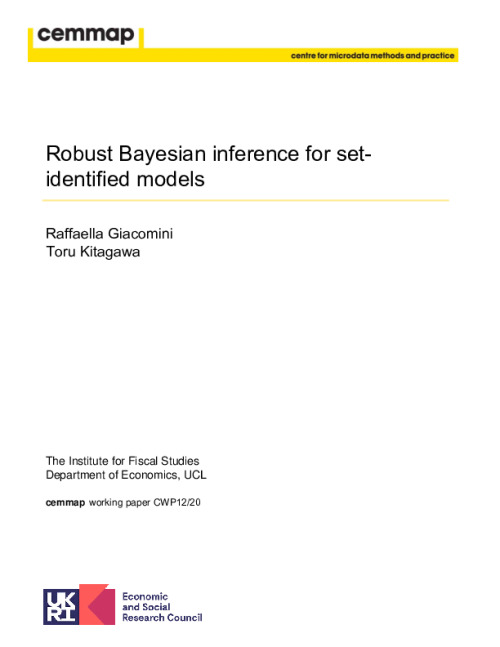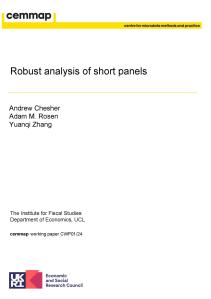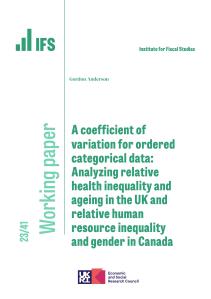This paper reconciles the asymptotic disagreement between Bayesian and frequentist inference in set-identified models by adopting a multiple-prior (robust) Bayesian approach. We propose new tools for Bayesian inference in set-identified models and show that they have a well-defined posterior interpretation in finite samples and are asymptotically valid from the frequentist perspective. The main idea is to construct a prior class that removes the source of the disagreement: the need to specify an unrevisable prior for the structural parameter given the reduced-form parameter. The corresponding class of posteriors can be summarized by reporting the ‘posterior lower and upper probabilities’ of a given event and/or the ‘set of posterior means’ and the associated ‘robust credible region’. We show that the set of posterior means is a consistent estimator of the true identified set and the robust credible region has the correct frequentist asymptotic coverage for the true identified set if it is convex. Otherwise, the method provides posterior inference about the convex hull of the identified set. For impulse-response analysis in set-identified Structural Vector Autoregressions, the new tools can be used to overcome or quantify the sensitivity of standard Bayesian inference to the choice of an unrevisable prior.









